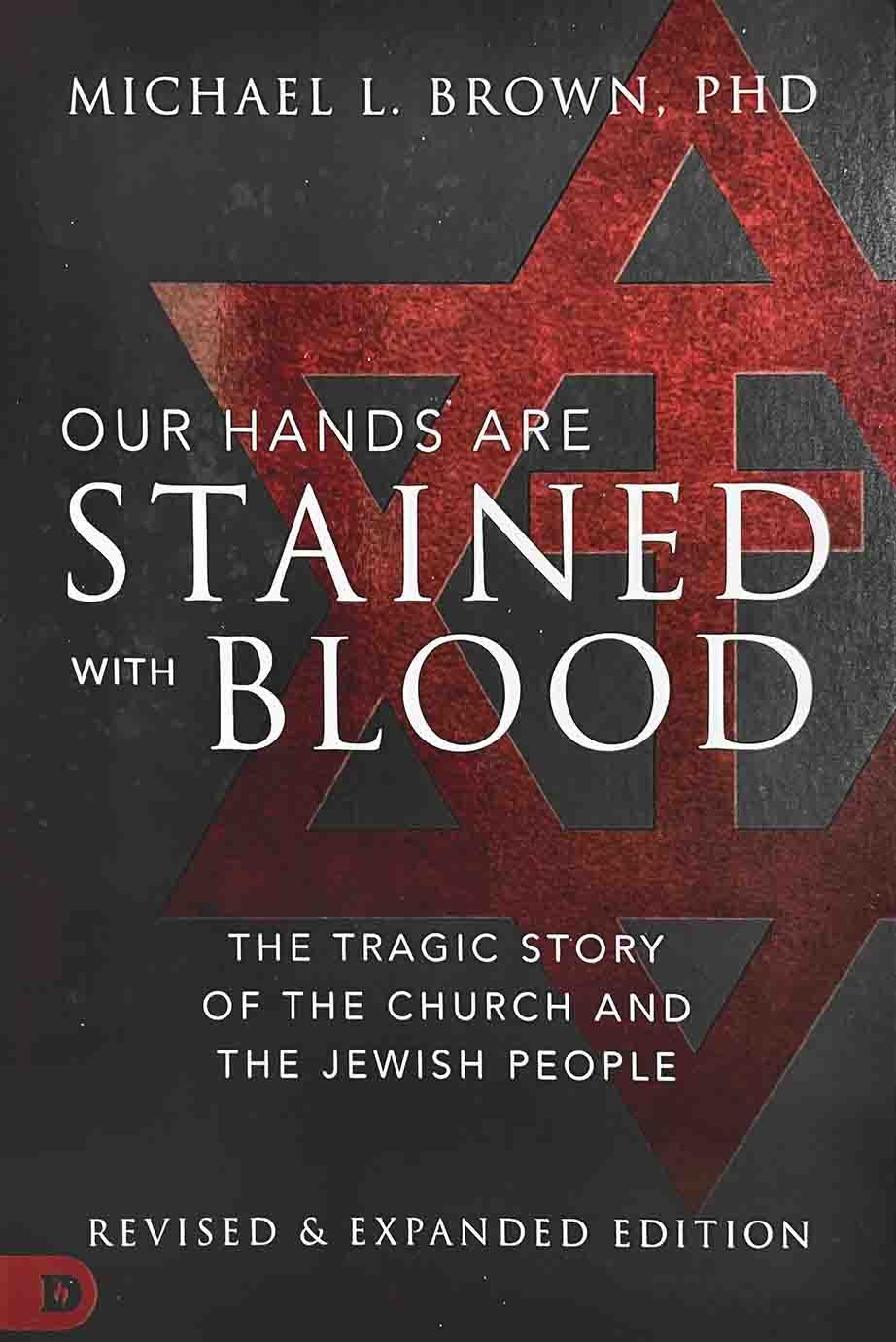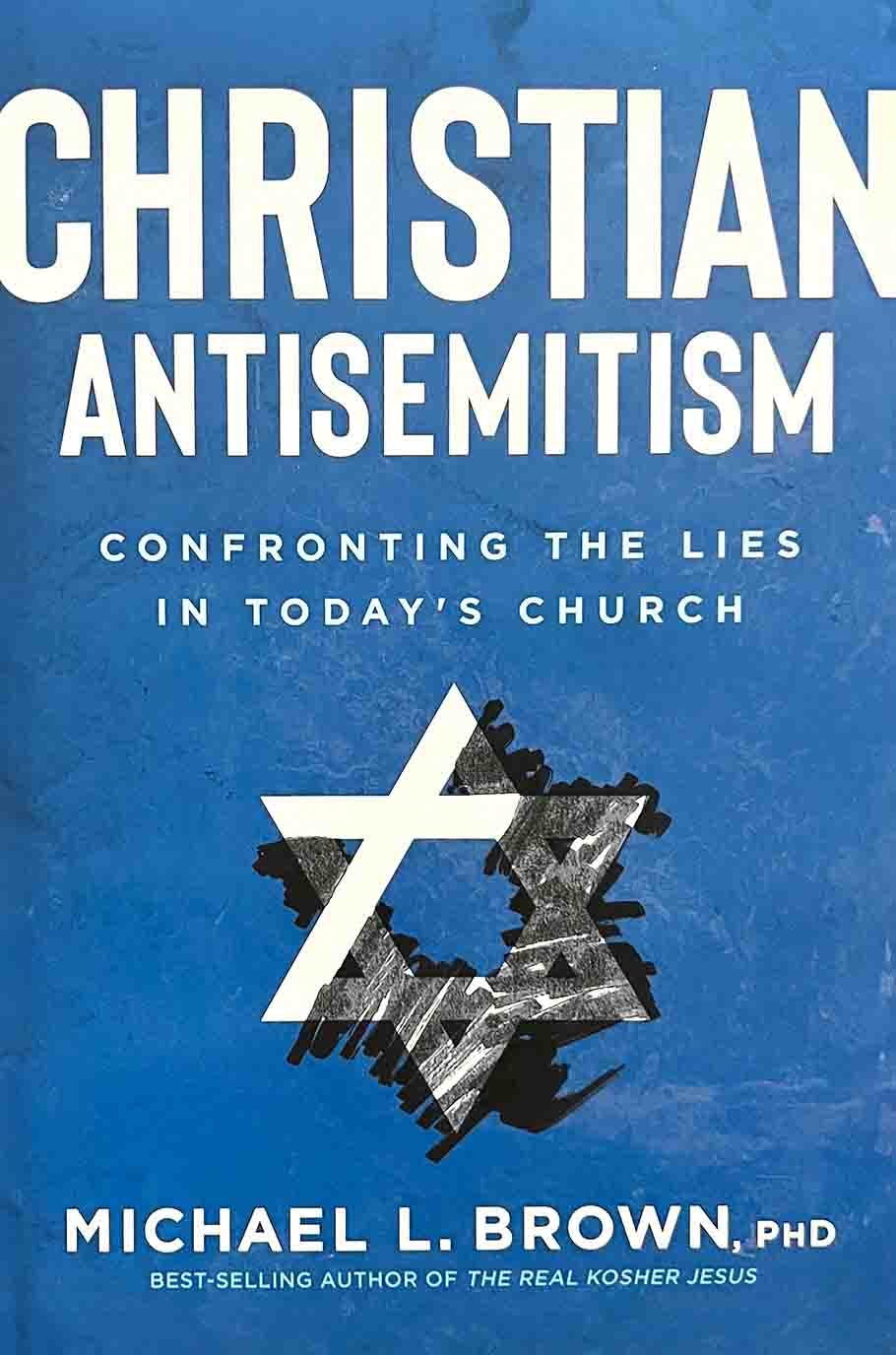Can you imagine what it was like to be one of the hostages held by Hamas for more than two years?
Can you imagine the fear, the sense of having no control, the humiliation, the deprivation?
Can you imagine living underground day after day, month after month, cut off from family and friends, knowing that this living hell could go on for years?
Very few of us have experienced anything remotely close to what these hostages experienced, which makes their resilience and courage all the more amazing. What can they teach us about life? What lessons can we learn from them?
Without question, most of them face a long road to recovery before life can be fully normal again. And sometimes internal wounds heal much more slowly than external wounds.
Yet even now, their stories are inspiring courage and strength among others, as their very release has invigorated a nation that has lived in collective trauma since October 7, 2023.
Eli Sharabi endured 491 days in captivity before his release, determined to survive his ordeal for his wife and two teenage daughters, from whom he was separated on October 7 when Hamas took over Kibbutz Be’eri.
He assured them he would be back as the terrorists dragged him away, feeling confident that not even Hamas would take women and children hostage, also hoping that their British passports would save their lives. He also wanted to be strong for his older brother Yossi, who lived in the same Kibbutz and worked for years side by side with Eli.
Eli has now shared his story in the gripping book titled Hostage. (If you enjoy audiobooks, the reading of Sharabi’s story by Geoffrey Cantor is incredibly moving.)
What was one of the keys to Sharabi’s survival?
He said to himself, as well as to the other hostages with whom he was imprisoned at times, “There is always a choice. You always have a choice.”
It was true that they had no choice in terms of being prisoners of Hamas. They were captured against their wills, kept shackled against their wills, dragged into dungeons against their wills, stripped and humiliated against their wills, separated from their loved ones against their wills, and deprived of adequate food against their wills.
Yet even as lowly hostages, they had a choice: Will I cave in emotionally and let fear win? Will I give way to despair and lose all hope? Will I throw a pity party for myself? Will I believe the negative reports being shared by the captors, reports that Israel had forgotten about the hostages, that the nation had lost its will to fight, that it was suffering terrible losses to Hezbollah and to Iran?
Some of the hostages were given the choice of getting adequate food if they would convert to Islam. Would they let hunger override their moral and religious convictions?
Some of the hostages were people of faith, others much more secular. Yet each of them made choices every day, choices to survive, choices that said to Hamas, Even though you have power over our bodies, you do not have power over our minds and souls. That is why, we will make it to the end.
Eli Sharabi’s story was especially cruel, as, just days before his release, he learned from a Hamas captor that his brother Yossi had been murdered on October 7. Yossi was gone!
Then, on his way to meet his family with his IDF escorts, he was told, “Your mother and sister are waiting for you.”
His mother and sister? What about his wife and daughters? What about them? He was told that his mother and sister would explain.
It was only then that he learned that the light of his eyes and the joy of his life, his precious wife and daughters, had been slaughtered by the terrorists right there in the kibbutz. He would never see them again.
Remarkably, as unspeakably agonizing as this news was, he had already gone through every possibility in his mind during his long months in captivity, considering the possibility of this horrific news too. In that sense, as devastating as the loss was, he had already braced himself. Such was his resolve. (I must confess that I broke down weeping during this part of the story as I listened to the audio book, even though I already knew it was coming.)
What then, can we learn from these heroes?
First, like them, we always have a choice – in the midst of sickness, in the midst of loss, in the midst of pain, in the midst of betrayal, in the midst of deprivation, in the midst of whatever cruelties life brings. (A psychologist might object here, saying that in cases like clinical depression, people sometimes cannot choose to get out of the depression. For the record then, rather than play psychologist, I’m speaking to all of us who do have the ability to control our thoughts.)
We can choose to capitulate, to cease living, to throw in the towel for good. Or we can choose to get out of bed, to function (even if we feel like robots), to say, “I will survive!” And with God’s help, we can and we will.
Eli and his fellow-hostages determined to find something for which they could be thankful every day.
That is a choice we too can make.
Second, we must remember that in many ways, these Israelis were already battle-tested, having faced rocket bombardments for years, having taken refuge in bomb shelters and safe rooms countless times, having served in the IDF, and having understood what it is to be hated by one’s surrounding neighbors.
And so, as no strangers to adversity, they understood that what did not kill them only made them stronger.
This reminds me of the words of Paul, who wrote that, we not only boast in our hope of the glory of God, “but we also glory in our sufferings, because we know that suffering produces perseverance; perseverance, character; and character, hope.” (Romans 5:3-4)
And it was Paul, whose sufferings for righteousness were almost beyond description (see 2 Corinthians 11:23-33), who wrote to his young disciple Timothy, saying, “Take your share of suffering as a good soldier of Christ Jesus.” (2 Timothy 2:3)
There are lessons here for us!



